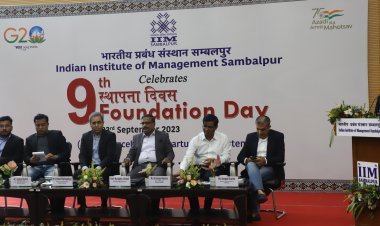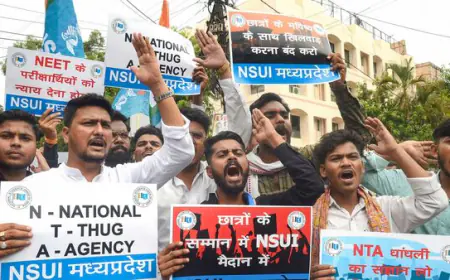MPUAT, Udaipur Hosts National Training Program on Organic Farming and Environmental Conservation
During the event, Dr. Ajit Kumar Karnataka, Honorable Vice-Chancellor of MPUAT, highlighted that organic farming is not just a technical aspect but also an environmental perspective that fosters harmony with nature.

Udaipur: The Maharana Pratap University of Agriculture and Technology (MPUAT), Udaipur, in collaboration with the Indian Council of Agricultural Research, New Delhi, is organizing a 21-day national training program on "Organic Farming - Direction and Situation for Resource Conservation and Environmental Balance" under the auspices of the Advanced Center for Organic Farming Promotion. The program, initiated on February 6, 2024, and running until February 26, is focused on promoting organic farming for sustainable agriculture.
During the event, Dr. Ajit Kumar Karnataka, Honorable Vice-Chancellor of MPUAT, highlighted that organic farming is not just a technical aspect but also an environmental perspective that fosters harmony with nature. Natural farming ensures soil health and enhances beneficial microorganisms, contributing to the conservation of natural resources. Dr. Karnataka addressed scientists participating in the training from nine states, emphasizing that knowledge and training can significantly enhance proficiency in organic farming. He emphasized the importance of components like microbial culture, seed treatment, organic manure, covering, and steam in natural farming.
Dr. Seema Jaggi, Assistant Director, Human Resource Development, Indian Council of Agricultural Research, New Delhi, spoke as the chief guest during the occasion. She announced the commencement of special courses on organic farming for undergraduate students nationwide, recognizing the significance of natural farming. Dr. Jaggi mentioned that scientists, teachers, subject specialists, and students from various universities worldwide are coming to India for training in organic farming, and it is our ethical responsibility to organize excellent training programs.
Dr. P. K. Singh, Controller of Examinations, CTAE, and CCSHAU, addressed all trainees during the program, emphasizing the critical role of Southern Rajasthan in organic farming. He highlighted the success of Jhadol and Kotda tehsils' farmers who, without using chemicals, are producing maize and wheat, setting an example for organic farming.
Dr. Arvind Varma, Director of Research and Course Director, welcomed the guests and explained how organic farming can preserve natural resources, maintaining ecological balance. Dr. Varma mentioned that 24 brand ambassadors would be trained during this program, who would promote organic farming in their respective states. He also discussed the economic, environmental, and human health damages caused by indiscriminate use of chemicals and emphasized the need to integrate agricultural factors with nature and environmental factors for the transformation of the entire agricultural system into 'Pure Agriculture.'
The program witnessed the presence of several dignitaries, including Dr. R. A. Kaushik, Director, Extension Education Directorate; Dr. M. K. Mahla, Assistant Dean, Student Welfare; Dr. M. S. Paul, Professor, GBPUAT; Dr. Amit Trivedi, Regional Director of Research, Udaipur; Dr. Rekha Vyas, Professor Emeritus; and Dr. Ravikant Sharma, Deputy Director of Research. Dr. Latika Sharma, Associate Dean, coordinated the proceedings of the program.
For Latest News update Subscribe to Sangri Today's Broadcast channels on Google News | Telegram | WhatsApp


































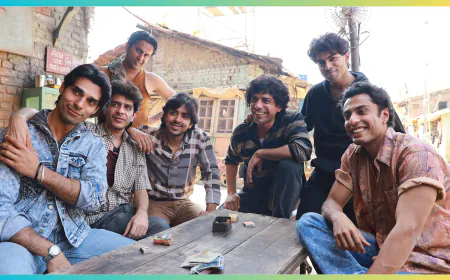








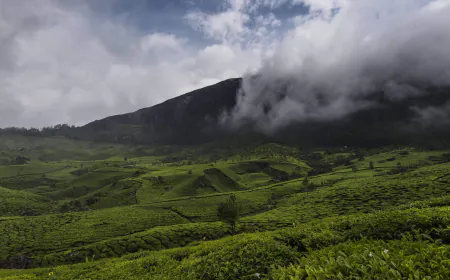
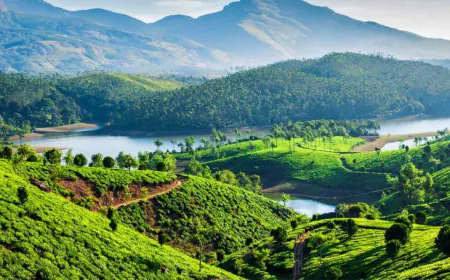






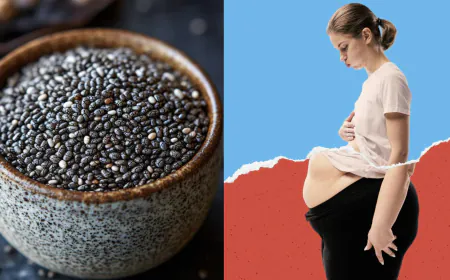
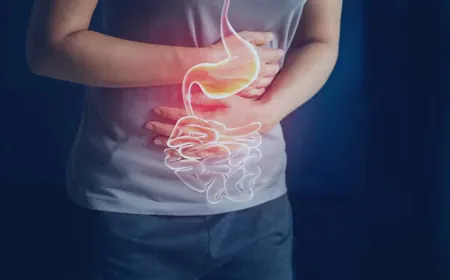









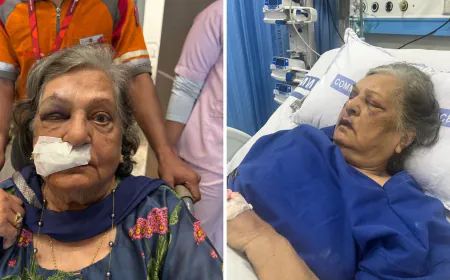
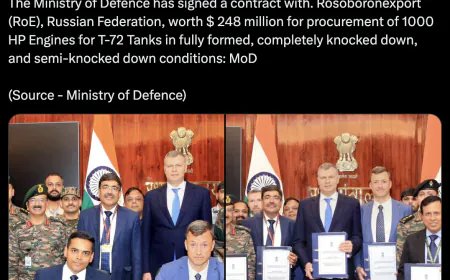














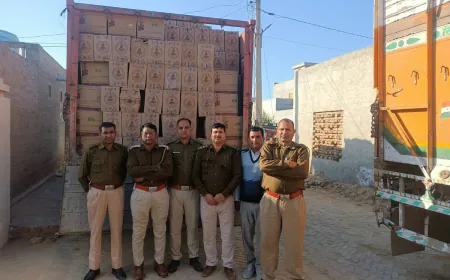
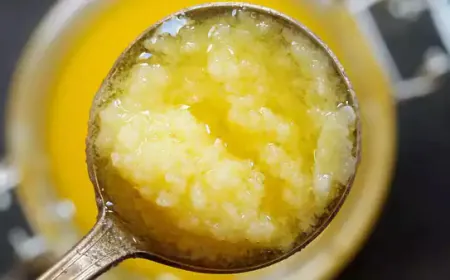

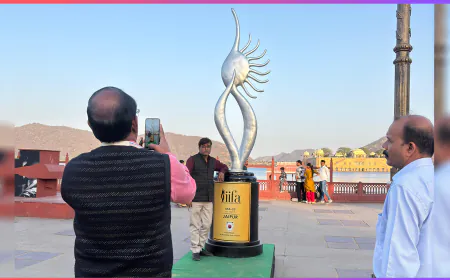
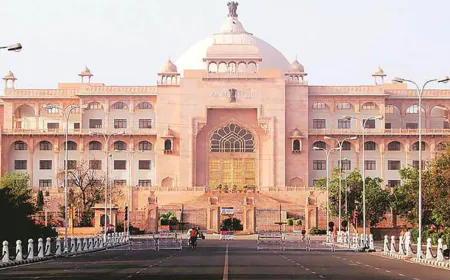










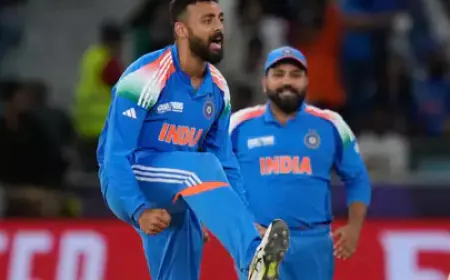



















.jpeg)



